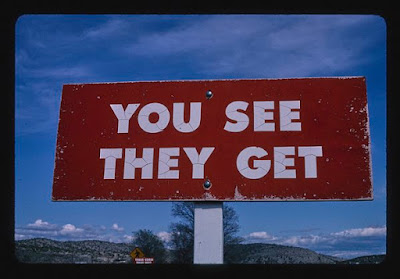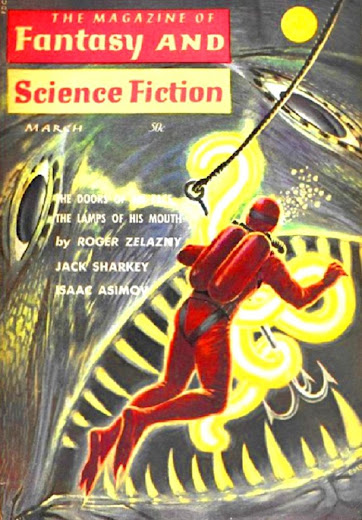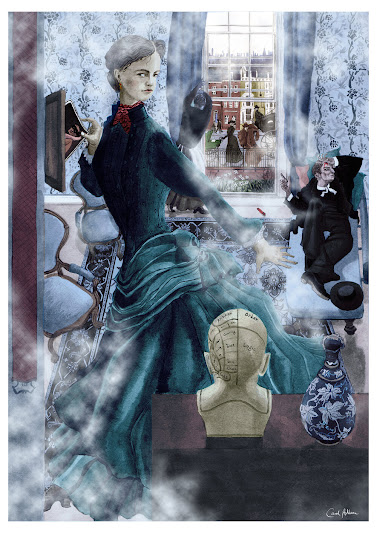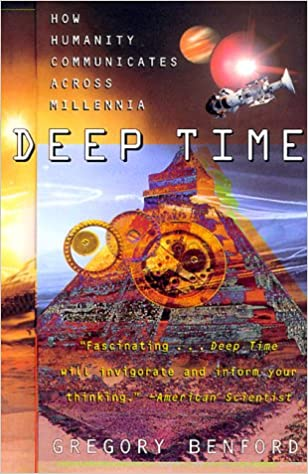It's June, and your author is out and about traveling. Not by train this year, though trains are my favorite way to get around. In the vacation spirit, I present a few of my train rides that went gloriously wrong and transcended to life experiences.
The Germans Are Coming. And In Song? (2004)
The Flying Scotsman is the famed express service between Edinburgh and London's King's Cross station. The line dates back well over a century in various livery and under prior names.
In 2004, the route was a round trip, a four-hour dash with a pause for breath in Newcastle, and we took it. Four quick hours and we would be in rainy Edinburgh. We waited in some sort of King's Cross lounge while Great Northern Rail attended to our luggage and wine needs.We were gods.
As we boarded, the Flying Scotsman hissed and rumbled in the mysterious way that great trains do. Also boarding, and comprising ninety percent of the passengers, was a horde of German college students loaded with beer and ready to sing their hearts out at Germany-Scotland football match. A straight-up menchenmassen, and already the kids were in strong voice.
Four hours. It's an eternity when set to foreign chants.
Chunneling Your Demons (2009)
I've taken the Chunnel a few times, but the first descent is the doozy. Since 1994, the Chunnel has connected the Continent and England via a tunnel carved into the Strait of Dover seabed. You're not underwater. You're underneath seventy-five meters of rock that is underwater. For 38 kilometers of track. Oh, lots of trains and cars are down there with you, which at least means you won't get crushed alone.
You might think a bit before spending extended time under rock that's underwater. I did. Death capsules in the deep dark, I have pause. We left on Belgian Rail out of St. Pancras, and by the time we neared Dover, I was really admiring the landscapes and thinking we ought to skip Brussels and focus on white cliff watching. Two things drove me on. One, pommes frites. There is no food in the world quite like what Belgium crafts. Two, the train was clear of London and had opened the throttle to 225 kilometers per hour. I was chunneling.Here is the thing, though. One minute I was staring at fields and towns, and the next we eased into a tunnel. It was just a tunnel, with tunnel pipes and tunnel lights. It stayed all tunnel things for a while, and suddenly there was much France outside. I wouldn't call the Chunnel boring or anticlimactic. More like clarifying.
This Guy Could Be a Character (2011)
Here's a trip with short story tendrils. I'd only just tried fiction and was in a true explorer's space. Train travel is perfect for writers. It doesn't swamp you with wait time. There is no TSA line or stowing a laptop for takeoff. From boarding to hearing your stop is next, it's just you and a patterned upholstered seat and hopefully no international soccer matches nearby. A writer can write.This particular trip was a sweep across Provence. In Aix-en-Provence, we toured the local museum that inspired my first sale to Alfred Hitchcock's Mystery Magazine. In Arles, the famed Mistral wind buffeted me Van Gogh-style into a magic realism story. Before those were polished and submitted, there was what I wrote on those trains, a comic lark about overcrowded bateaux mouche in Paris. I needed a key descriptive feature for a principal character, something to make him pop. Across the aisle was a guy with a Matterhorn nose, large and peaked and textured. That story became my first piece I held in print. And I owe it to hours on rattletrap regional trains.
The Heavens Have Spoken (2014)
Another great thing about train travel is the time management. Timed correctly and fates permitting, the window from finding the platform (not to be underestimated) to taking that patterned upholstered seat is barely a blip. Even us nervous travelers allow minutes instead of an hour.
Operative words: fates permitting.
The surname branch of my people goes back to French Lorraine, in and around Metz. In 2014, we were in the neighborhood, Strasbourg, close enough to pay our historical respects. Now looking at a map, Strasbourg to Metz is doable even in a country the size of Texas. Two hours by timetable, and two hours did get us there.
We should've checked a weather map instead.Metz boasts a soaring cathedral and dragon symbols everywhere, and after a lovely day taking that in--sure, we had the usual occasional showers--we headed back for the station. A nightcap in Strasbourg would crown the family mission accomplished. The showers picked up. And picked up. So did the wind. Finally, the heavens unleashed punishment someone apparently had coming. We had monsoons, we had gale force action, and we had zero timetable for any next train in or out of this Mother Nature beatdown.
You don't think clearly in mid-Biblical plague. I was thinking it was just water. I was thinking that even major wind can't lift trains. Let's get home for a schnapps. Nature wasn't thinking that. The longer we disagreed, the more people bunched around waiting for trains that were somewhere blocked by trees or any of obvious issues severe weather means for trains. An end of days feel hung in the air.
When we did drop into bed, no one was pouring nightcaps. Too early. I learned my lesson about random travel elements until...
Can't Get There from Here (2018)
...French rail workers went on strike. A swathe of Southern France was still on the bucket list, and 2018 was the year to taste that wine and slap those mosquitos and ride those white horses. In particular, the castle town of Carcassonne (you might've played the board game) was a setting for one of those early batch short stories. I'd walked the streets only by Google Earth. It was time to use shoe leather.
We were in Bordeaux, and we had legitimately purchased and conservatively planned for rail tickets for Carcassonne. Texas distances, acts of God. The French rail people assured us that, given their mess of a strike-altered schedule, there were no trains to Carcassonne. Not happening. Simply impossible.
Americans think the French are rude. Wrong. The French are open and generous if you work on their terms. This means that your problems are yours. We know the dynamic, and sure enough, we had fresh options. The French Rail guy could get us to Arles. Our hotel reservations were for Carcassonne, but now destiny shone on Arles. We changed hotel reservations while the train bundled east into the southern mountains and stark Provençal light.
A Texas-sized time lapse later, the conductor announced that the next stop was Carcassonne. And it was. We stopped there. The doors opened, a big castle loomed amid the mountainscape, and people got off to check it out. We blinked and clutched our luggage. And stayed put.
.jpg)
No, the French aren't rude. Their assurances, however, might not be literal.
.jpg)

.JPG)


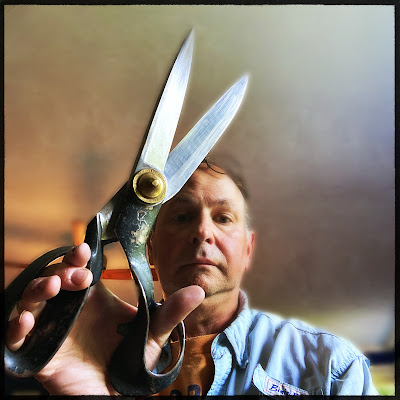




.jpg)




